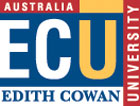技术学士学位(工程)
Bachelor of Technology (Engineering)

学历文凭
Bachelor Degree

专业院系
School of Engineering

开学时间

课程时长

课程学费

国际学生入学条件
IDP—雅思考试联合主办方

雅思考试总分
6.0
了解更多
雅思考试指南
- 雅思总分:6
- 托福网考总分:70
- 托福笔试总分:550
- 其他语言考试:PTE - 52
CRICOS代码: 083190B
申请截止日期: 请与IDP顾问联系以获取详细信息。
课程简介
Suitable for students who may not achieve the entrance requirements for the Bachelor of Engineering Honours but who aspire to have a career in an engineeringrelated areaThis course can also be used as a pathway to the Bachelor of Engineering Honours coursesCourse learning outcomesApply broad discipline knowledge of the underpinning natural and physical sciences and in depth understanding of specialist bodies of knowledge within the engineering domainThink critically and apply established engineering methods to broadly defined engineering problemsApply systematic engineering synthesis and design processes to conduct and manage smallscale projects in the engineering domain with some intellectual independenceDemonstrate conceptual understanding of the mathematics numerical analysis statistics and computer and information sciences which underpin the engineering discipline and fluently apply engineering techniques tools and resourcesDemonstrate clear and coherent oral and written communication in technical and lay domainsDemonstrate a global outlook and knowledge of contextual factors impacting the engineering domain including respect for cultural diversity and indigenous cultural competenceDemonstrate effective team membership and team leadership to implement engineering projects according to relevant standards of ethical conduct sustainable practice and professional accountabilityDemonstrate responsibility for own learning professional judgement and an understanding of the scope principles norms accountabilities and bounds of contemporary practice in the engineering domain
相关申请
 预科
预科 奖学金
奖学金 实习机会
实习机会 在校学习
在校学习 跨境学习
跨境学习 校园授课-线上开始
校园授课-线上开始 在线/远程学习
在线/远程学习
学校排名

世界排名501
数据源:泰晤士高等教育世界大学排名
关于伊迪斯科文大学

埃迪斯科文大学(ECU)成立于 1991 年,是一所现代化的澳大利亚院校,以提供先进、前瞻性的课程而著称。ECU通过培养学生掌握专业领域职业所需的可迁移技能和知识,确保学生能够很好地满足未来社会的需求。在最新的《优秀大学指南》(2024 年)中,该校的教学质量被评为五星级,并已连续 17 年保持这一记录。这标志着ECU跻身于澳大利亚评级最高的大学之列(《2024年优秀大学指南》)。ECU 位于西澳大利亚州首府珀斯。珀斯以其一望无际的古老岩层景观、世界一流的葡萄酒庄、数千英里长的沙滩和清澈温暖的海水而闻名。珀斯是一座充满活力的城市,经济发展迅速,有众多景点、活动和文化供学生探索。ECU 有 250 多门课程。该大学的许多课程都是与专业合作伙伴合作开发的,以确保课程始终处于行业需求不断变化的最前沿。ECU 的众多课程还包括相关学科领域的职业模块和行业实习。这些独特的机会旨在培养学生的实际工作经验和强大的批判性思维能力,确保ECU毕业生具备在就业市场脱颖而出所需的一切条件。ECU 致力于打造一个热情好客的学习社区,拥有来自全球 100 多个国家的约 7000 名留学生。学校提供一系列支持服务,帮助 30000 名学生实现学业和个人发展。学校还提供各种奖学金和助学金,为来自不同背景的学生提供平等的学习机会。
本校相关课程

理学学士(物理学)荣誉
学历文凭
Bachelor Degree with Honours
开学日期
课程费用总额


文学士(艺术管理)
学历文凭
Bachelor Degree
开学日期
课程费用总额

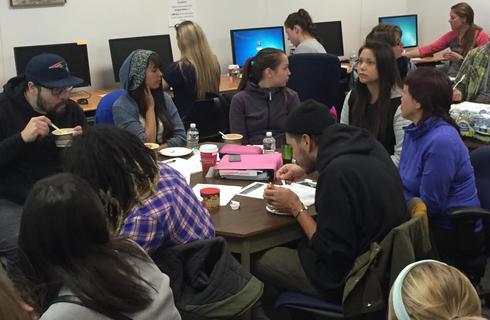
教育领导力研究生证书
学历文凭
Graduate Certificate
开学日期
课程费用总额

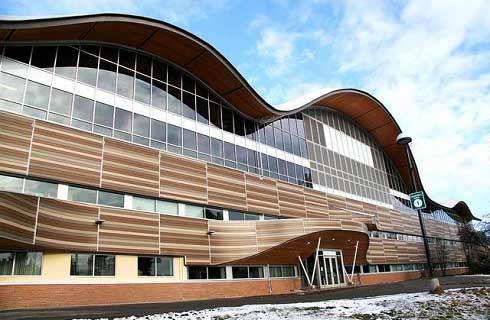
公共卫生研究生文凭
学历文凭
Graduate Diploma
开学日期
课程费用总额

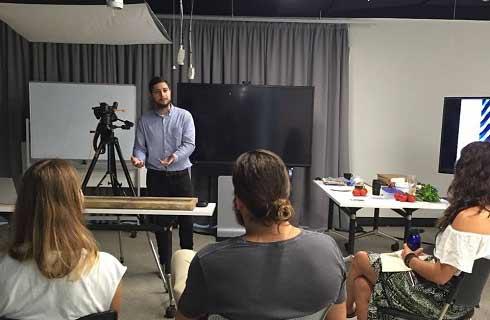
工程科学学士
学历文凭
Bachelor Degree
开学日期
课程费用总额


语言病理学学士
学历文凭
Bachelor Degree
开学日期
课程费用总额

其他相关课程

微电子与计算机工程理学硕士
 赫特福德大学
赫特福德大学泰晤士高等教育世界大学排名:765
学历文凭
Masters Degree (Taught)
开学日期
课程费用总额


Immersive Technology MSc
 伦敦大学皇家霍洛威学院
伦敦大学皇家霍洛威学院泰晤士高等教育世界大学排名:451
学历文凭
Masters Degree (Taught)
开学日期
课程费用总额


机电工程学士(荣誉学位)/电气与电子工程学士(荣誉学位)(093504F)
 纽卡斯尔大学
纽卡斯尔大学学历文凭
Dual Degree
开学日期
课程费用总额

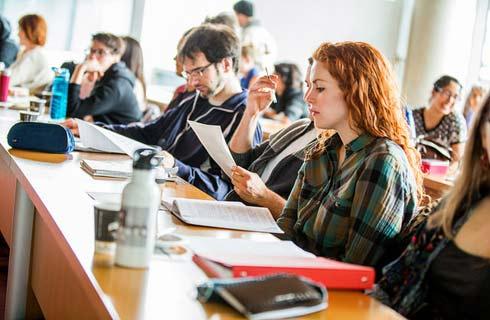
MEng (Hons) Mechatronics Engineering
胡弗汉顿大学
泰晤士高等教育世界大学排名:989
学历文凭
Undergraduate Masters
开学日期
课程费用总额


工学学士(荣誉)电子与电气工程
 爱丁堡大学
爱丁堡大学学历文凭
Bachelor Degree
开学日期
课程费用总额


电力电子与控制硕士
 赫特福德大学
赫特福德大学泰晤士高等教育世界大学排名:765
学历文凭
Masters Degree (Taught)
开学日期
课程费用总额




















